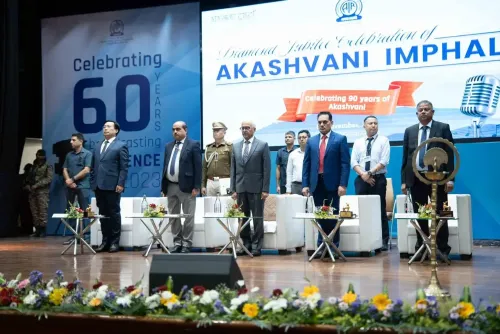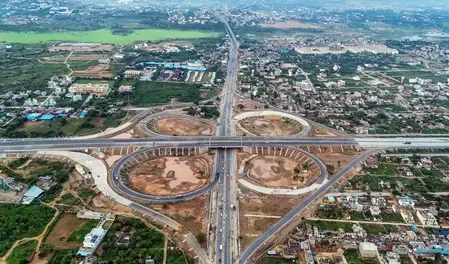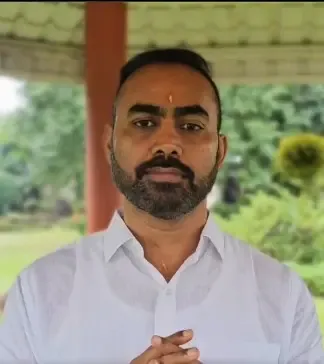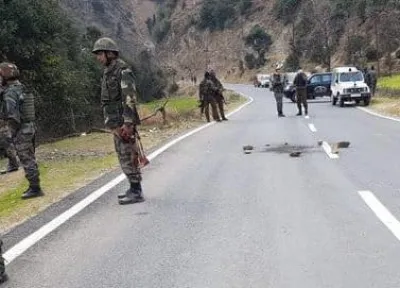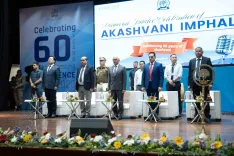Did the DMK Meeting in Madurai Establish Key Resolutions for Karunanidhi's Legacy?
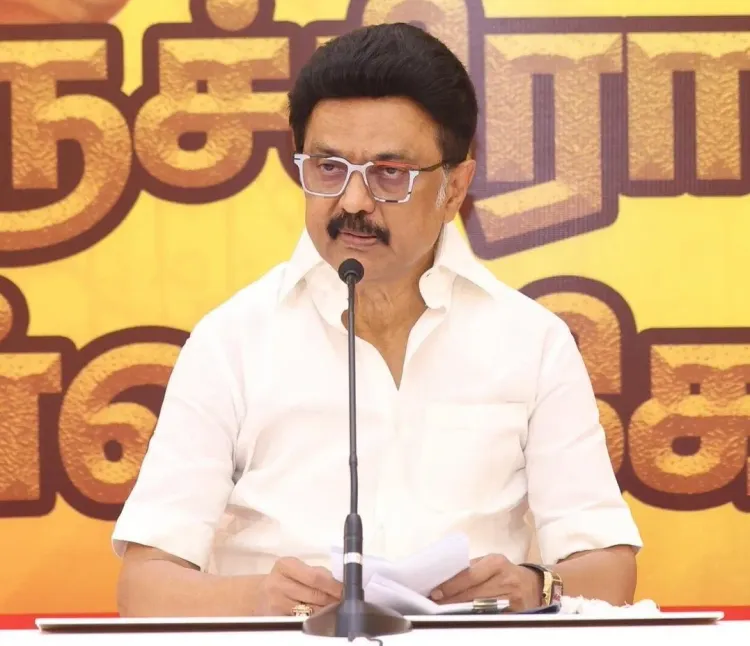
Synopsis
Key Takeaways
- DMK's commitment to Karunanidhi's legacy.
- Celebration of Classical Language Day on June 3.
- Criticism of BJP's central policies.
- Support for marginalized communities through the Dravidian Model.
- Advocacy for linguistic rights and social justice.
Chennai, June 1 (NationPress) During a significant General Council meeting in Madurai, the DMK adopted a series of crucial resolutions that reaffirmed its ideological foundations, praised the government’s achievements, and issued pointed critiques of the BJP-led Central government.
This pivotal meeting took place on Saturday. A standout resolution was to commemorate June 3 -- the birth anniversary of the late party stalwart and five-time Tamil Nadu Chief Minister M. Karunanidhi -- as Classical Language Day throughout India.
The party noted that this initiative would honor Kalaignar's vital contributions to securing classical status for Tamil.
The assembly also commended DMK President and Tamil Nadu Chief Minister M.K. Stalin for his ongoing electoral successes, referring to him as a “hero of continuous victories backed by the people's overwhelming support.”
The council praised the “Dravidian Model” of governance for its groundbreaking initiatives aimed at uplifting women and marginalized communities, including farmers, weavers, and fishermen.
The DMK reiterated its dedication to ensuring that the achievements of its government reach every household and passed a resolution in support of Deputy Chief Minister Udhayanidhi Stalin, heralding him as the “future hope of Tamil Nadu.”
In a political context, the council issued resolutions condemning the BJP-led Union government on various issues. They criticized the government for failing to lift restrictions on jewel loans, delaying educational and development funding, inadequately supporting Tamil Nadu's railway projects, and allegedly politicizing the Keeladi archaeological site.
A specific resolution urged the Reserve Bank of India to promptly lift the cap on jewel loans, labeling it a burden on impoverished and working-class families.
Another resolution denounced what the party characterized as the imposition of Hindi, calling for the Centre to cease “tampering with the linguistic sentiments of Tamils.”
The party also acknowledged the state government’s unwavering efforts to honor leaders who have instilled pride in the Tamil identity and reiterated its mission to advocate for social justice, federalism, and linguistic equality.
This meeting in Madurai represents a crucial juncture ahead of the upcoming political season, with the DMK positioning itself as a formidable regional force and a national advocate for federal rights and cultural identity.

